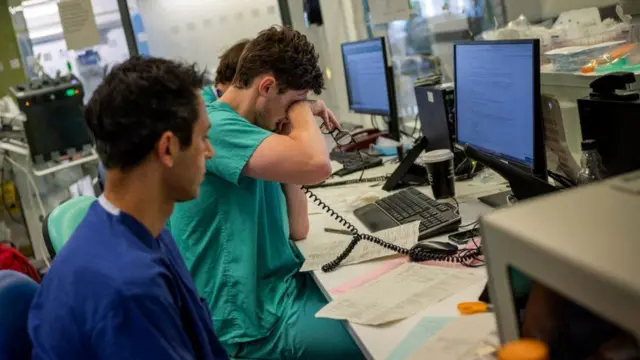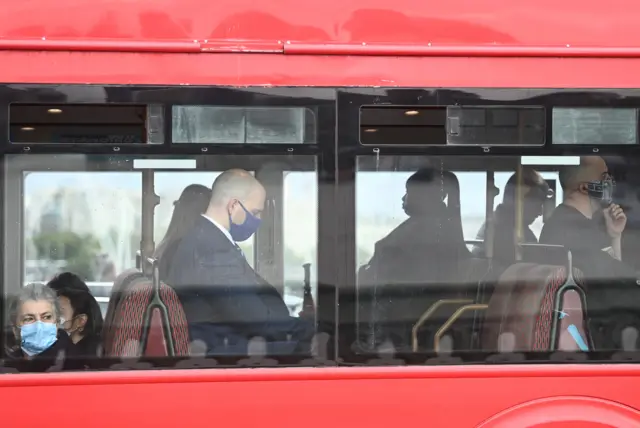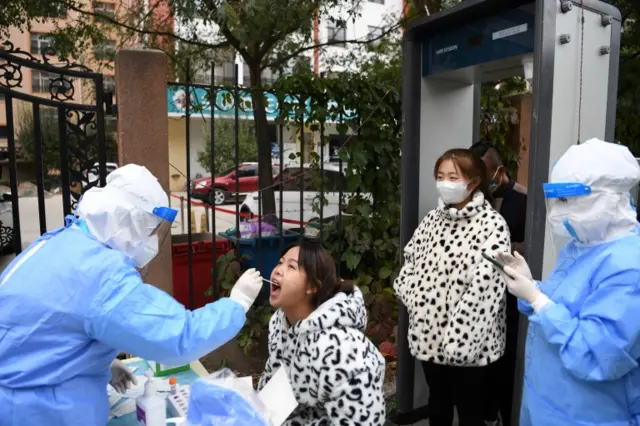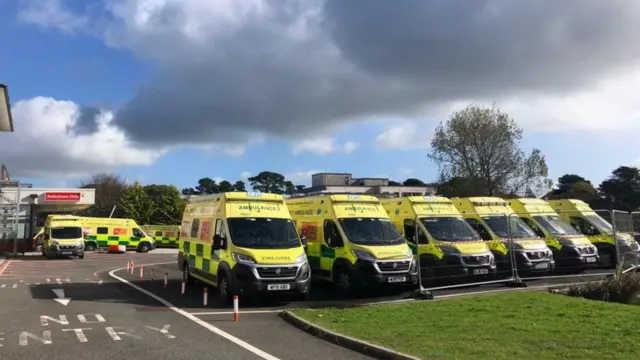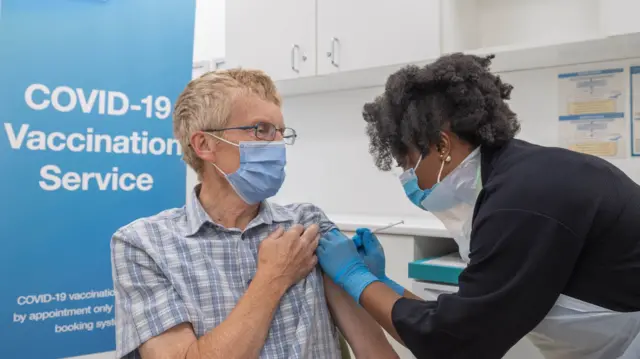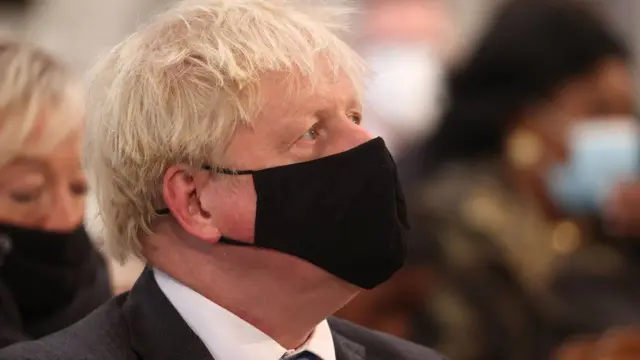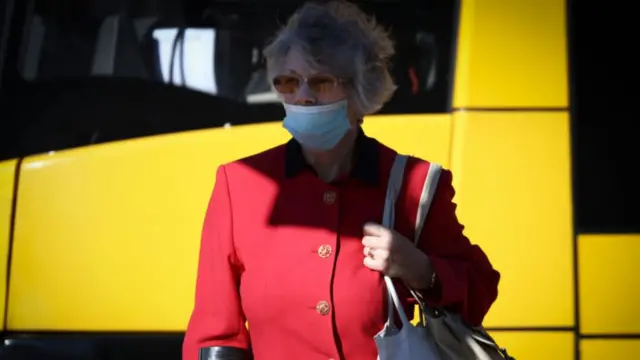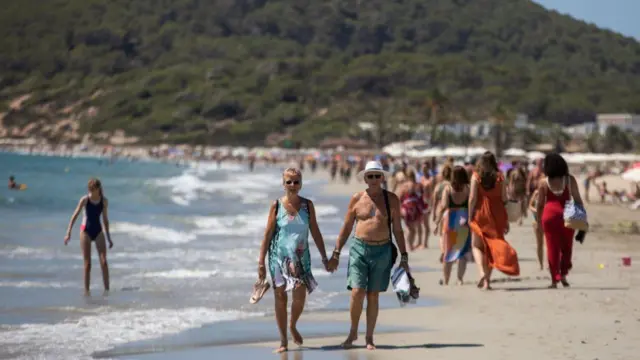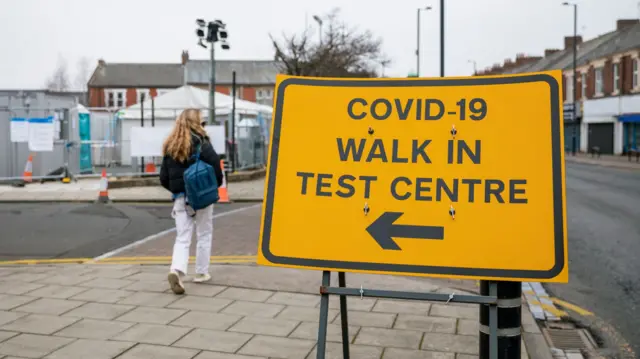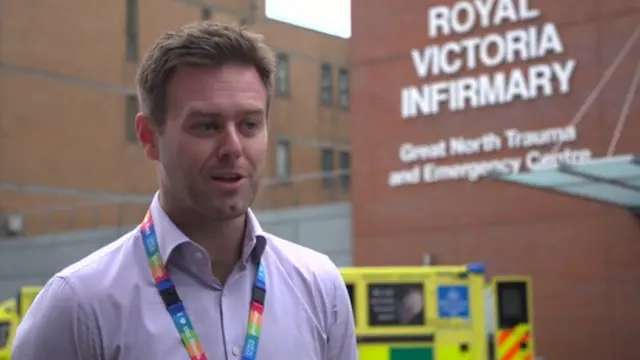This evening's main storiespublished at 17:32 BST 21 October 2021
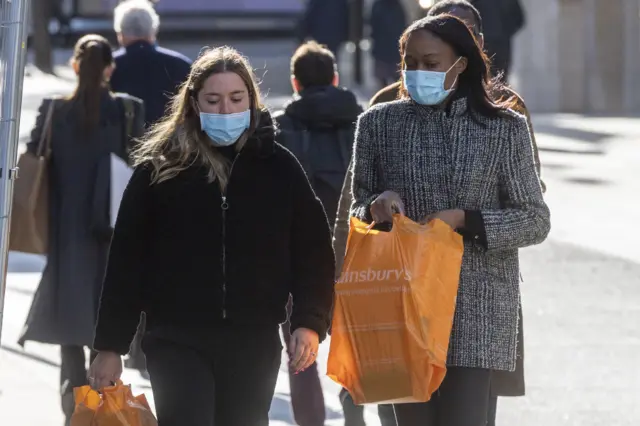 Image source, Getty Images
Image source, Getty ImagesThanks for joining us today - here's a recap of some of the day's top lines.
Thursday's live page was edited by Claire Heald and Holly Wallis. It was written by Malu Cursino, Alexandra Fouché, Joshua Nevitt, Mary O'Connor and Lauren Turner. As ever, it's been a team effort with contributions from our colleagues across the BBC.
- This afternoon's UK government data showed there had been 52,009 new cases of Covid recorded in one day - the highest daily figure since the middle of July
- Some doctors say they want more restrictions to come in now, to protect the NHS
- We've been asking for your views too on the possible introduction of Plan B, with readers both for and against - scroll down to read those
- But Boris Johnson, speaking today, said infections were high but in line with predictions, and urged people to have a third vaccine dose when they become eligible
- There's been more talk of mask wearing today - both generally, and about the use of coverings in the House of Commons. Tory MP Jacob Rees-Mogg says the "convivial fraternal spirit" means Conservatives don't wear them - and also that MPs can make their own decisions. But Health Secretary Sajid Javid said yesterday they should wear them, to set an example
- Other countries in Europe are seeing a rise in cases too - in Poland, there has been double the number of cases compared to a week ago, with the health minister describing it as an explosion
- And Latvia has become the first European country to bring back a full lockdown, which is in place until 15 November
- Closer to home, another Covid-19 case has been reported at Strictly Come Dancing - Judi Love and her dance partner Graziano Di Prima will miss this Saturday's show after she tested positive for the virus
